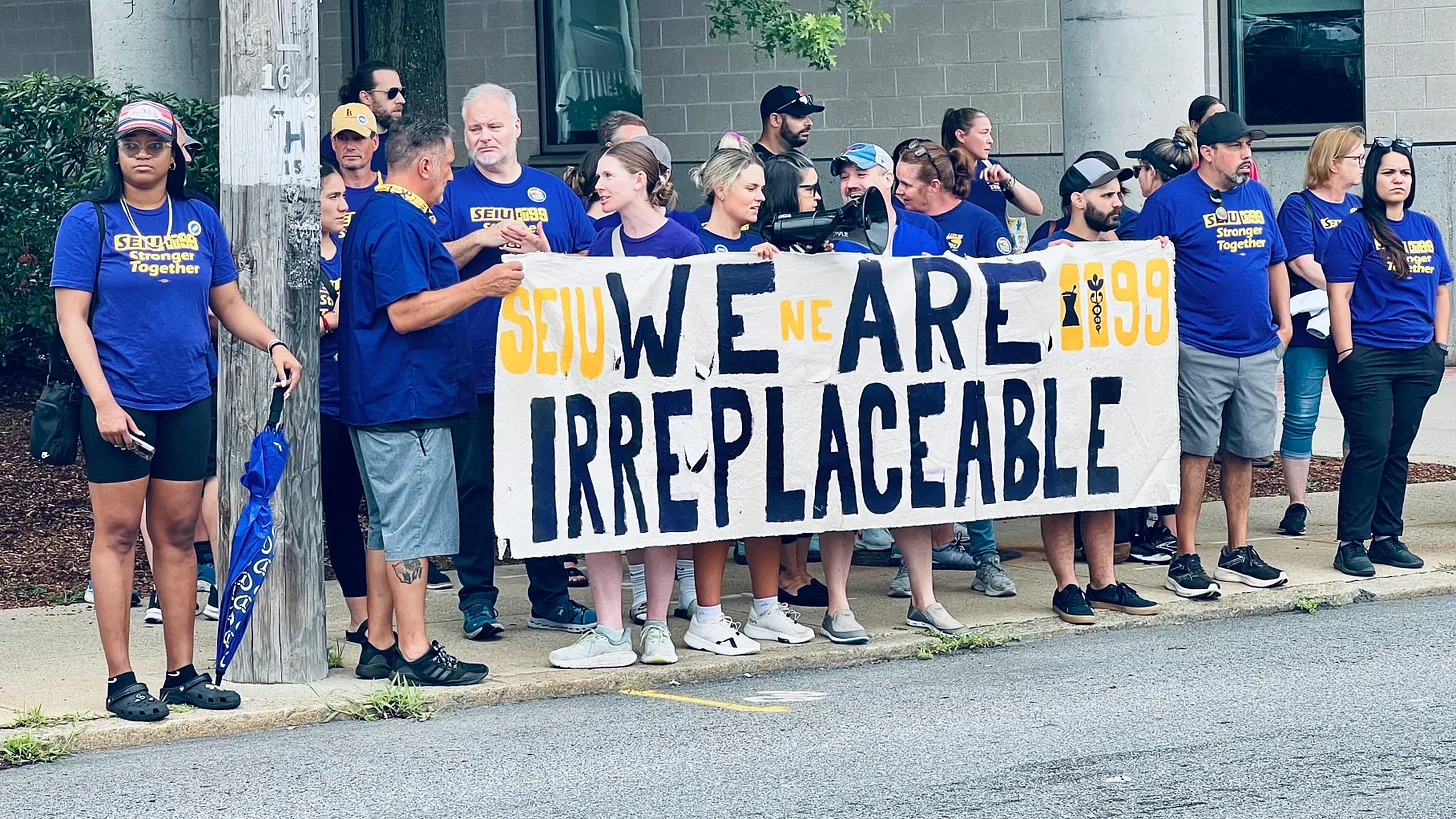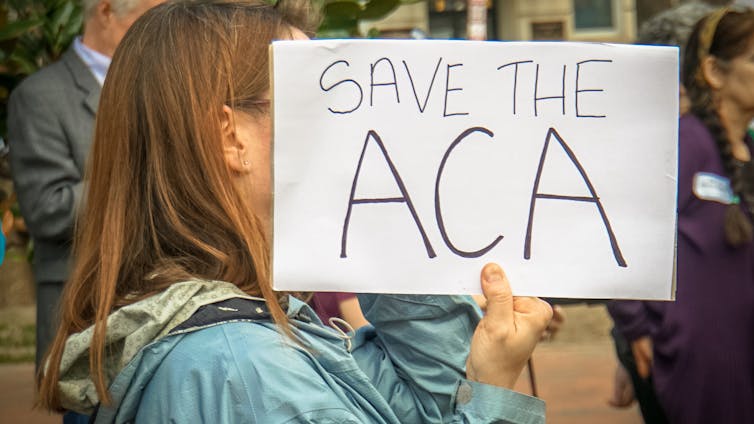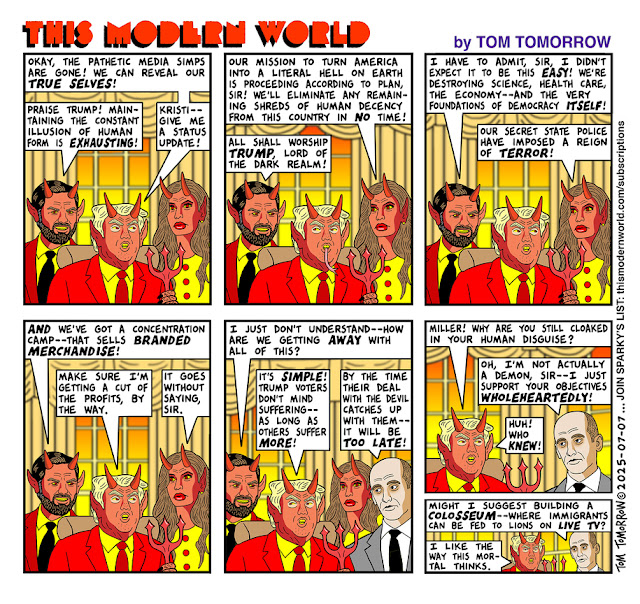Hospital workers need fair contracts from Care New England
After nearly two months, the Butler Hospital workers’ unfair labor practice strike is now considered the longest hospital strike in Rhode Island history. On Wednesday, union workers from Butler and Women & Infants Hospital spoke out about Care New England (CNE) ’s sustained campaign of intimidation, harassment, and retaliatory behavior that affected caregivers and their patients.
Beth Iams, an activities therapist and mental health
worker at Butler Hospital for the past 24 years, outlined a series of
escalating CNE tactics against striking workers. “Our unfair labor practice
strike began on May 15 at 6 am in the pouring rain,” said Iams. “Unfortunately,
Butler Hospital and Care New England decided their strategy would be to use
fear and intimidation to get us back to work.
“They started their campaign one week into the strike by
canceling our health insurance as of June 1st. What were we going to do? We all
need health insurance. For many of us, that was the start of the unity,
strength, and resilience that we all possess today. Our union organized HealthSource
Rhode Island to help our members find health insurance so we could all
breathe again.
“Then we returned to the negotiating table, and Butler
offered us less than they offered in the previous negotiations. This will do
it, they thought. We will offer less, and they will break. But guess what? We
didn’t break, right? We stayed unified and we kept going.
“Then they posted our jobs, taunting us with what they know
means so much to all of us. Would we break then? No. Again, we relied on each
other to get through those difficult times. The more they tried to break us,
the closer we became. People who never spoke were now friends and people you
could lean on.
“We finally felt a win. We were approved for unemployment by
the Department of Health, who acknowledged that our strike was a
lockout. What was Butler’s new plan? They filed a restraining order against the
state to block our unemployment until an appeal was heard. This appeal usually
takes 30 to 45 days, so they wanted to block our unemployment payments until
that appeal was heard. They went before a judge and explained how paying us
unemployment would be a hardship for them.
“Fortunately, the judge decided they would not grant the
restraining order, and they lifted the hold on our unemployment benefits. That
was a huge win for us. But guess what Care New England’s latest tactic is?
They’re appealing this decision to the Rhode Island Supreme Court.
Regardless of what they throw at us, we stay strong. Their intimidation efforts
are failing. We will not take less than we deserve. The only way to end this is
to give us the fair contract we need for ourselves, our families, and our
patients.”
The press conference/rally was outside Women & Infants’
Hospital at 101 Dudley Street in Providence. Here’s the video:
On May 15, Women & Infants announced it would lay off at
least nine essential workers during one of the birthing facility’s busiest
seasons. This includes eliminating the entire Pre-Admission Testing (PAT)
department, which plays the vital role of pre-interviewing patients before
surgery to ensure none of their current medications will result in
complications.








+(800+x+400+px)+(2160+x+1080+px)-1920w.png)
.webp)









.webp)












.webp)